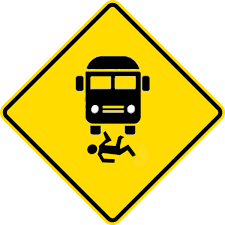by Dr. Helen Ofosu |
So you got fired, and not because you got caught smoking in your office after hours, or tried to fix the motherboard of the copier with a flathead screwdriver.
No, it was more sinister than that. Like a lamb led to the slaughter, you were hauled into a meeting with corporate and grilled about losses on an account you didn’t even work on. Confused, your look over at your boss. He refuses to meet your eyes, shaking his head.
They didn’t even do it in person. It was by email. After confirming receipt, you’ve got 20 minutes to pack up your stuff. In 15, security arrives to escort you out of the building. Boom. Just like that, five years down the toilet, and a reputation in tatters.
It seems so unfair you’d almost think something like that doesn’t really happen. You’d be surprised. When people think their job is at stake, hitting the panic button can take out numerous innocent bystanders. What should you do if you’ve become a corporate scapegoat?
Here’s my advice:
1)Seek your own legal counsel immediately. Refuse to accept in-house counsel, or any outside firm that represents your employer, if offered. Your company’s lawyer is not your lawyer, and you are not their client.
2) Your lawyer will guide you through the process of wrongful dismissal. This will help to repair some of the damage your reputation has suffered, but in the meantime, don’t look for work in the sector you’re in, especially if it’s small. You don’t want to waste time proving your innocence (that’s your lawyer’s job); instead, focus on getting back to work.
3) Think about how to repackage your skills to make them look attractive to employers outside the sector you’ve worked in. Even if you’ve worked in a very specialized industry, there are certainly numerous transferable skills you’ve acquired that have contributed to your success. Use what you know, but in a slightly different context.
4)Clean up your digital footprint. While those company Christmas party photos might have been hilarious at the time, future employers are going to be snooping around the internet to find the “real” you. If they find you’re an expert at topless keg stands, they might have concerns about your professionalism in the workplace.
5)Market yourself. Get out there and start networking. Get yourself some business cards and hand them out. Tell people you’re looking for new opportunities, and encourage them to look at your personal webpage, an essential marketing tool that can easily be created for free using sites likeabout.me or LinkedIn.




